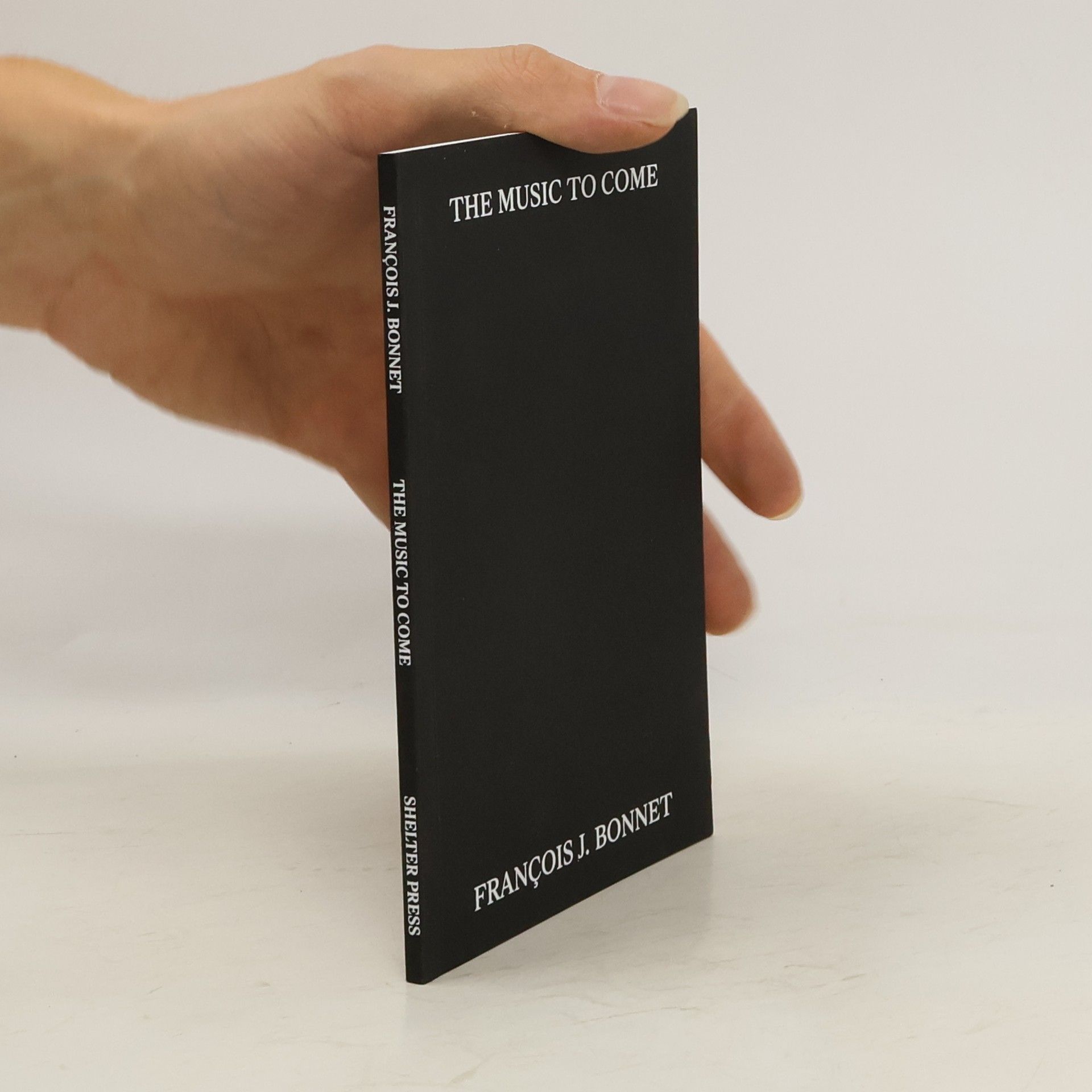After Death
- 80pages
- 3 heures de lecture
A disturbing portrait of a society deliriously dreaming itself as eternal, instantaneous, and infinite. At least for the time being, we humans are still finite and mortal—but death isn't what it used to be. As the body is technologically extended in space and time, we are split between our finitude and our doubled presence in a limitless web of signs, an “immortal” world of information. After Death offers a penetrating philosophical diagnosis of our contemporary condition, describing not only an anesthesia, but an amnesia in which the compulsions of a hyper-present colonize both past and future, prevailing over any sense of duration, becoming, or appreciation of the “thickness of the real.” Are we living in a kind of counterfeit eternity in which we are effectively already dead? Against the anxiety of the constant present, how can we hope to return to the experience of being in time and facing death? After Death is a disturbing portrait of a society deliriously dreaming itself as eternal, instantaneous, and infinite.


